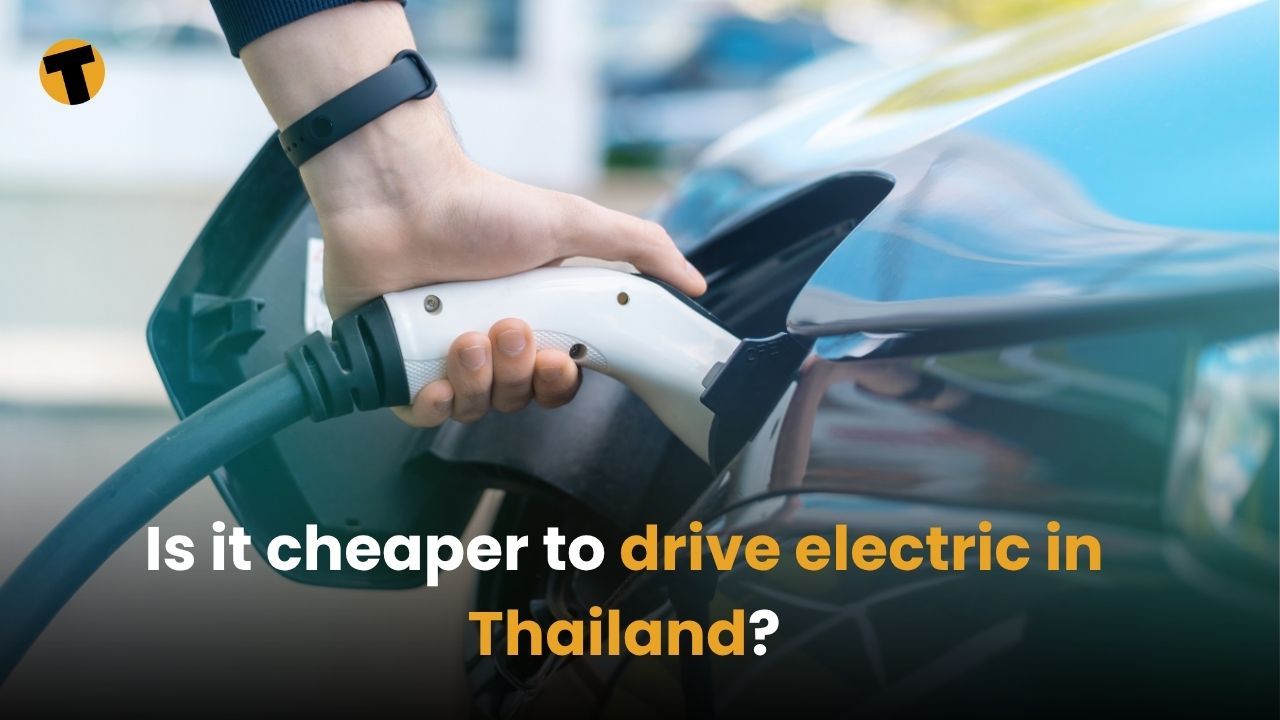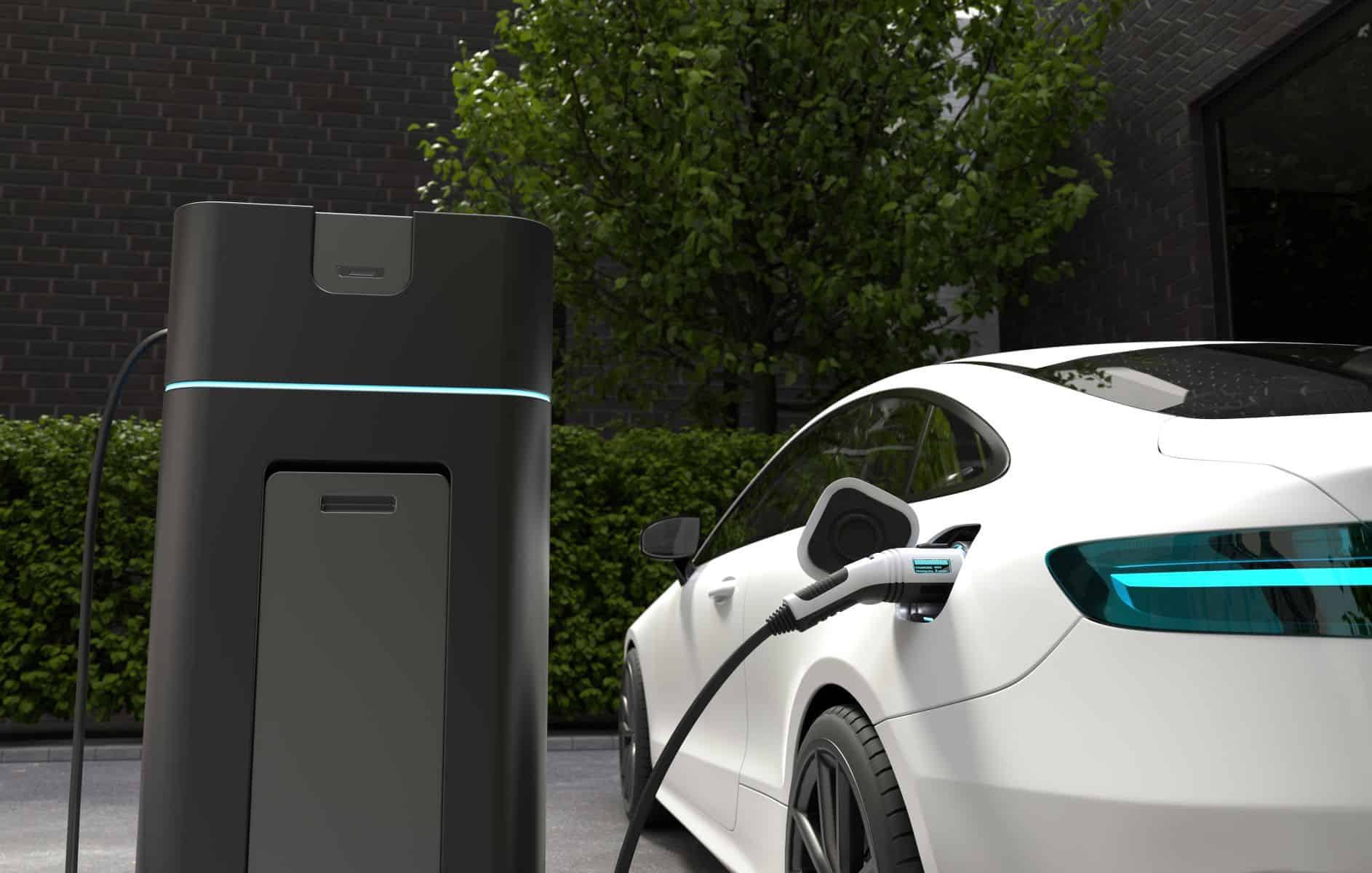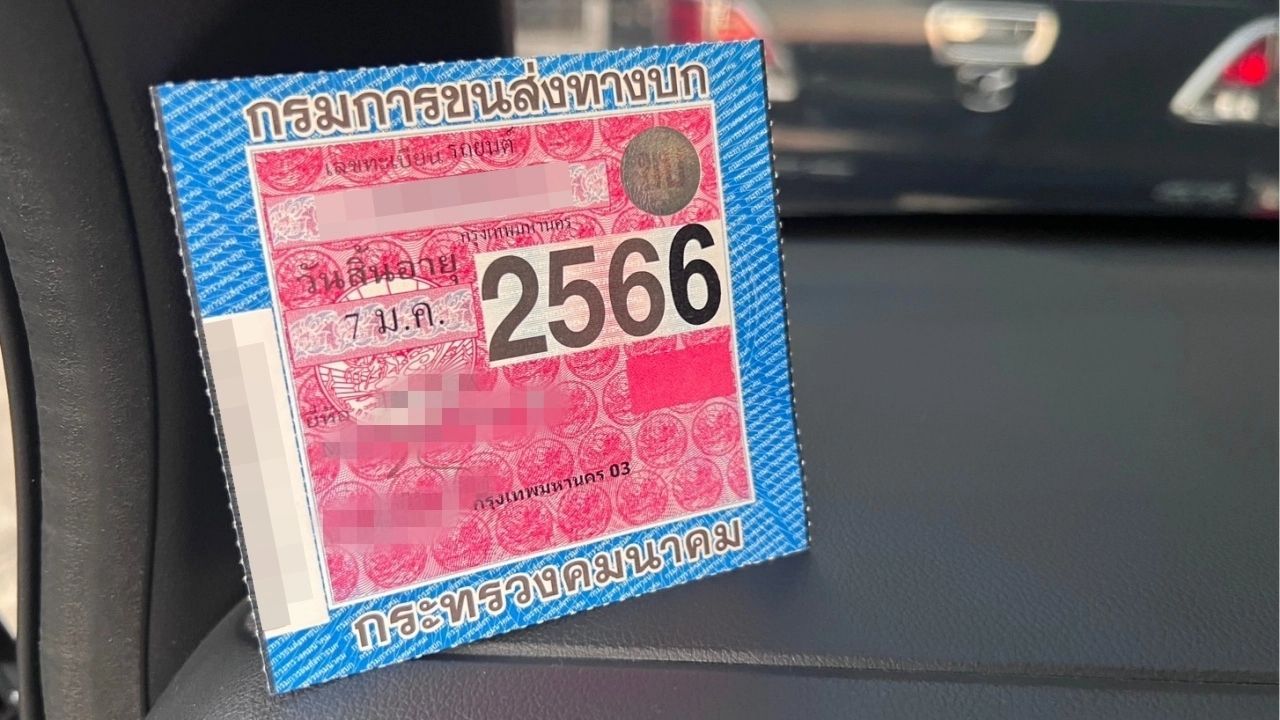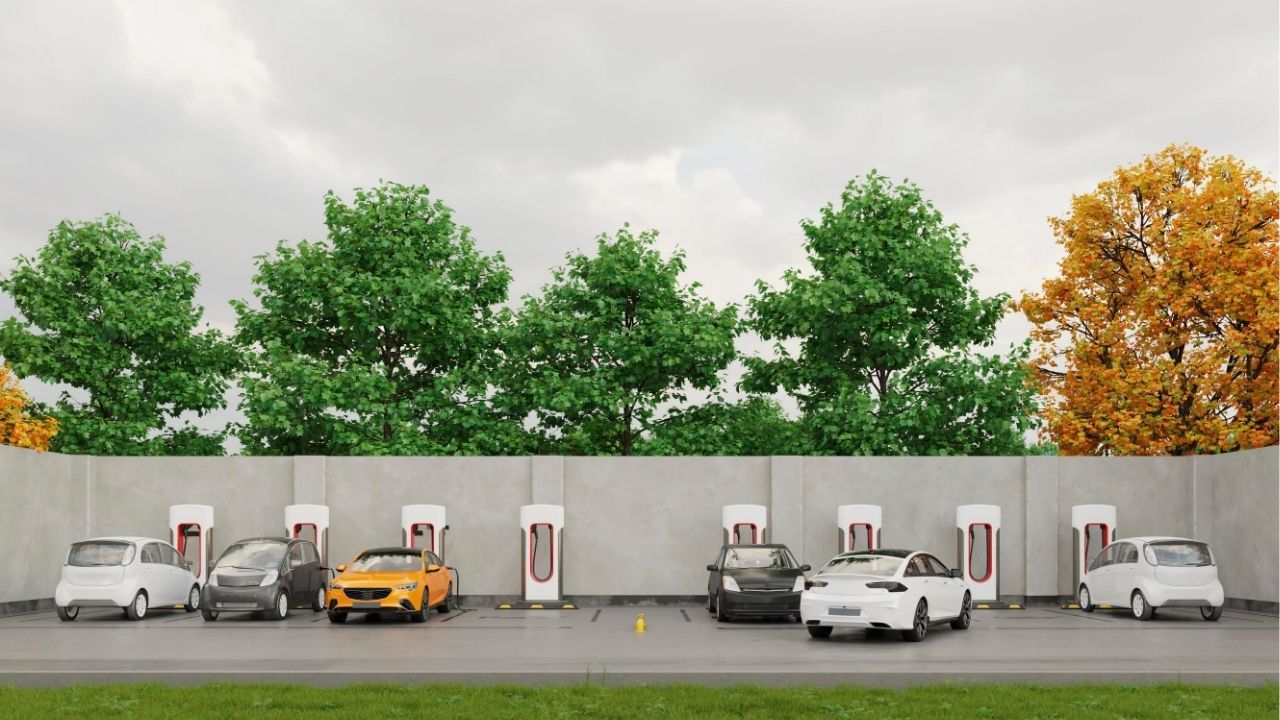Is it cheaper to drive electric vehicles in Thailand?
Find out how EVs stack up against petrol cars in Thailand’s growing auto market

As electric vehicles (EVs) gain traction across Thailand, the conversation has moved beyond environmental benefits to something far more practical: cost. Drivers are wondering: Is it actually cheaper to drive an electric car in Thailand compared to a petrol car?
From upfront purchase prices to the day-to-day running costs, EV ownership is filled with both advantages and surprises. Let’s take a closer look at what really makes financial sense before you make the switch.
Are EV cars cheaper in Thailand?
| Click to jump to section | Short Summary |
|---|---|
| Initial purchase price | EV prices in Thailand have dropped, but petrol cars still offer wider choices. Entry-level models are now surprisingly close—find out how they compare. |
| Energy costs: Charging vs refuelling | Electricity is far cheaper than petrol in Thailand, and the difference adds up fast. See how yearly running costs stack up. |
| Maintenance and servicing | With fewer moving parts, EVs promise simpler upkeep, but there’s more to consider than just oil changes. |
| Road tax and insurance | EVs benefit from lower tax, while insurance varies depending on the model. The real cost may surprise you. |
| Charging infrastructure | Major cities now offer abundant EV chargers, but the experience isn’t the same everywhere in Thailand. |
| Resale value and depreciation | Petrol cars remain a safer bet for resale, for now, but Thailand’s EV market is shifting quickly. |
| Total cost of ownership | A look at five-year costs reveals a clear financial picture when comparing EVs and petrol cars side by side. |
Initial purchase price

One of the biggest questions for potential EV buyers is the upfront cost. While electric cars were once seen as premium-only vehicles, prices in Thailand have dropped significantly thanks to government incentives and growing competition from Chinese automakers.
That said, petrol cars still dominate the market in terms of variety and affordability, offering more options at lower price points. Here’s a quick comparison:
- BYD Dolphin (EV): 699,999 baht
- Nissan Almera Turbo VL (petrol): 659,000 baht
- Tesla Model 3 RWD: 1,775,000 baht
- Honda Civic RS (petrol): 1,259,000 baht
At the entry level, the price difference between petrol and electric is now minimal. However, once you move up to mid-range or luxury models, petrol cars still have the edge in affordability.
Verdict: Petrol still wins on variety, but budget EVs like the BYD Dolphin are rapidly closing the gap.
Energy costs: Charging vs refuelling

Running costs are where EVs really shine. In Thailand, the price of electricity is much lower than petrol, especially if you charge your vehicle at home.
Think about it like this: while a petrol driver watches the baht climb at the fuel pump every week, an EV owner simply plugs in at night and wakes up to a fully charged car. Over time, this difference adds up quickly.
Here’s what it looks like based on an average of 15,000 km per year:
- EV (charged at home): Around 0.5 baht per km = 7,500 baht per year
- Petrol car: Around 1.7 baht per km = 25,500 baht per year
Even if you rely on public charging stations, the savings remain clear. On average, EV owners could save up to 18,000 baht per year on energy alone.
Verdict: EVs are far more economical in day-to-day running costs.
Maintenance and servicing

Beyond the fuel tank, EVs also win in the workshop. They have fewer moving parts, no oil changes, and no need for complex engine maintenance. The result? Lower servicing costs and fewer unexpected repairs.
While batteries can be expensive to replace, most carmakers now offer 8-year warranties or longer, and battery prices are steadily dropping each year.
Here’s a rough idea of yearly maintenance expenses:
- EV: 4,000 to 5,000 baht
- Petrol car: 6,000 to 8,000 baht
So even if EV parts are pricier when needed, the overall upkeep is simpler and cheaper over time.
Verdict: EVs are generally cheaper and more predictable to maintain long-term.
Road tax and insurance

Thailand’s government has taken big steps to encourage EV adoption, including reducing annual road tax. This means lower ongoing costs for EV owners compared to petrol vehicles.
- EV: Around 1,000 baht per year
- Petrol (1,000–1,500cc): 1,500 to 3,000 baht per year
Insurance, however, can be a little more complicated. Because EVs are still relatively new, parts and repairs can be more expensive, especially for imported models like Tesla or newer Chinese brands such as BYD.
Verdict: EVs win on tax, but insurance may cost slightly more depending on the brand and coverage.
Charging infrastructure

Charging infrastructure is one of the biggest concerns for new EV owners — and Thailand is addressing it fast. The country has been expanding its EV charging network across major cities through operators like EA Anywhere, Shell Recharge, MG Super Charge, and PTT EV Stations.
Many condos also offer EV charging stations, so if you live in one in Thailand, you might have a dedicated charging station whenever you are home.
In Bangkok, Chiang Mai, and Phuket, finding a charger is now fairly easy, and many shopping centres even offer free or discounted charging. However, drivers in rural provinces may still find charging points sparse, which makes home charging the most reliable option if you have access to private parking or a condo with EV facilities.
Verdict: Great for city drivers, but rural residents may still face limited access.
Resale value and depreciation

EV technology is evolving fast, and that brings both excitement and uncertainty. Petrol cars currently have a more predictable resale value because their long-term market is well established. EVs, meanwhile, are newer to the second-hand scene in Thailand, with battery life and replacement costs still influencing resale prices.
However, this is changing quickly as EV adoption grows. More used-car dealers are starting to list EVs, and as consumer confidence improves, resale values are expected to stabilise.
Verdict: Petrol cars still hold value better for now, but EV resale prices are steadily improving.
Total cost of ownership
When you add up all the key expenses, such as purchase price, energy, maintenance, road tax, and insurance, the numbers start to tell an interesting story. Let’s compare the BYD Dolphin (EV) and Nissan Almera (petrol) over five years:
| Category | BYD Dolphin (EV) | Nissan Almera (Petrol) |
|---|---|---|
| Purchase price | 699,999 baht | 659,000 baht |
| Energy/fuel (5 years) | 37,500 baht | 127,500 baht |
| Maintenance (5 years) | 25,000 baht | 35,000 baht |
| Road tax (5 years) | 5,000 baht | 12,500 baht |
| Insurance | Slightly higher | Moderate |
| Total estimate | 767,499 baht | 834,000 baht |
Over five years, an EV could save you more than 60,000 baht, not including environmental incentives or future fuel price increases.
Verdict: For city drivers with access to home or workplace charging, EVs are already the more cost-effective option in the long run.
Is it worth switching to electric?
For most drivers in Thailand’s big cities, switching to an EV is not just good for the environment; it’s also more affordable over time. While petrol vehicles still offer advantages in terms of purchase price and resale value, EVs are clearly winning when it comes to energy costs, road tax, and maintenance.
That said, EV ownership may not be ideal for everyone. If you live in a rural area or rely on long-distance driving without access to home charging, a petrol car might still be more practical.
But for most expats and city dwellers, electric driving in Thailand is proving to be a smart and cost-effective choice
ดูโพสต์นี้บน Instagram
The Thaiger key summary
- EV prices in Thailand are falling fast, with budget models like the BYD Dolphin now competing closely with petrol cars.
- Electricity costs make EVs significantly cheaper to run and maintain, saving drivers thousands of baht each year.
- While charging infrastructure is strong in major cities, rural areas still rely on petrol convenience for now.
Latest Thailand News
Follow The Thaiger on Google News:


























